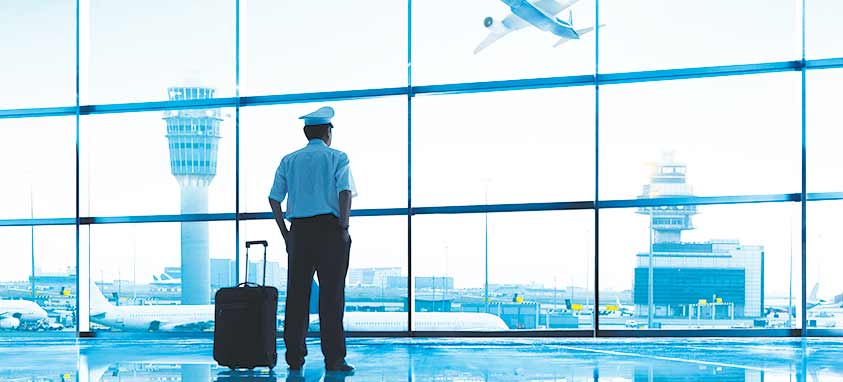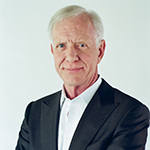What airlines and passengers can do to motivate the next generation of pilots
Speaker, author, safety expert and retired airline pilot Capt. “Sully” Sullenberger’s deep voice has come to be a comforting sound ever since he masterfully landed a plane full of passengers on New York’s Hudson River, in January 2009. In recent months, a potential pilot shortage has been in the news. The aeronautical expert— who began flying 52 years ago—is ready to swoop in with a soothing tone to reassure concerned air travelers.
Sullenberger suggests a common-sense solution to avoid a pilot shortage. If airlines offer candidates fair compensation, good working conditions and manageable schedules, he believes, air carriers won’t have an issue finding enough qualified applicants.
Hypothetically, fewer pilots would mean fewer flights. Fewer flights could mean higher prices and over-booking. For the meetings industry, this could mean some people might skip attending conferences— which would lead to fewer booked rooms, less commission for planners and fewer people learning the important lessons being taught at the conference.
Some observers have also worried that a shortage of pilots could disproportionately affect certain cities, particularly lower-tiered destinations. However, Sullenberger says airlines make decisions on routes and types of aircraft based on profit, not on availability or unavailability of staff members. He thinks if any city, regardless of size or ranking, is a popular destination, flights will continue to service it.
Sullenberger considers flying commercial aircraft a “noble profession” and “a calling.” His career spans 45 percent of the history of the industry since Wilbur and Orville Wright made it possible in 1903.
It takes a special kind of person to excel in this field, Sullenberger says. Besides learning the gravity-defying mechanics of “pushing a tube full of people through the atmosphere [at] 80 percent of the speed of sound [and returning] it safely to the surface,” piloting takes dedication, diligence, integrity, courage, precision and perfection. To ensure safety, pilots need to only accept perfection. If anything is questionable, it’s better to err on the side of caution than be stranded at an altitude of 30,000 feet with nowhere to go but down.
What Passengers Can Do
To avoid a pilot shortage, the career path needs to look appealing. Millennials and Gen Zers entering the workforce value working conditions more than previous generations that seemed to be most interested in salary.
Sullenberger bemoans what he views as a shift in socially acceptable behavior while traveling. Although the pilot and cockpit crew are securely locked out of sight, the safety of everyone—passengers and flight attendants—is ultimately their responsibility, he says. Misbehaving passengers causing a disturbance or threatening crew members or fellow passengers escalates to an issue the pilot is responsible for handling.
“People get on the airplane more predisposed to having a shorter fuse than ever before. The flight attendants, who are on the front lines, sometimes have to deal with verbal threats,” he says. “Pilots have a harder job than ever before…We have manuals in the airplane, a flowchart of when we see increasingly escalating behavior.” The manuals provide guidance on how to diffuse and mitigate situations.
Each traveler can make an impact, he believes. By setting a good example, we all can subtly telegraph to current and aspiring pilots that a workplace at high altitudes is still a great place to be.
Sullenberger adds that it is also up to individual airlines and the industry as a whole to facilitate proper educational tools for the pilots of the future to train, and to acquire the knowledge, judgment and skill the job requires. He praises American Airlines and Delta Airlines, in particular, for creating better pathways for going from being a child with a dream of flying to a captain with stripes on his or her shoulder.





